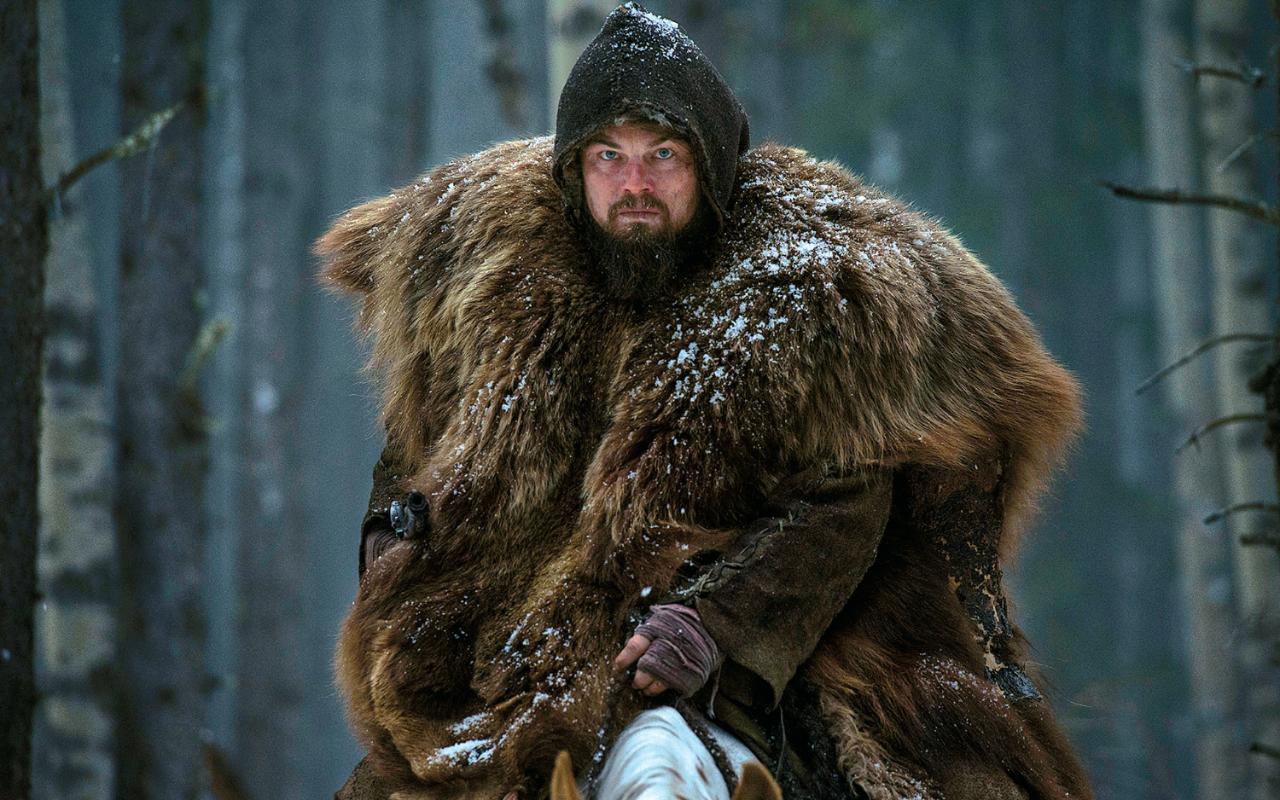#BetterDaysBearskin
The
promise of wealth leads to devilish circumstances
Bearskin tells the story of a man
that makes a deal with the devil in order to achieve wealth. The characters
often find themselves in situations dependent on the accumulation of wealth or
status over humility. As with Marxism, we see how economic status changes how
the characters value each other and themselves and affects their actions. We
will look at this version of Bearskin
and explore its Marxist viewpoints.
In
this version of Bearskin, by Hans
Jakob Christoph von Grimmelshausen, a soldier in dire circumstances accepts an
offer from a spirit in order to save his own life and gain great wealth. The
offer stated that for seven years the soldier was to wear only a bearskin robe
and “was not to wash, nor cut his nails, nor blow his nose, nor
even wipe his behind” (Ashliman).
In return, the spirit would provide him with food, drink, and endless supply of
money. They agreed to the terms and found that despite his rancid appearance
the money he had was often enough motivation for people to provide him service
or shelter. One day, a nobleman saw the soldier, Bearskin, at an inn and was
impressed by his wealth and made a proposal to him. The nobleman told him he
could marry one of his three daughters and took the soldier to meet them. Upon
seeing the Bearskin and his terrible appearance, two of the girls paid him no
attention. The youngest daughter, however, accepted her father’s will and
agreed to marry Bearskin. To formalize the agreement Bearskin took a gold ring,
twisted it into two pieces, and gave her one piece and departed saying he would
return. At the completion of the seven years, Bearskin returned cleaned up,
well dressed, and in a fancy carriage to claim his bride. Upon seeing the now
handsome Bearksin, the two sisters who refused him before were so envious and
mad that they had lost their chance that they killed themselves. The devil then
earned two souls for the price of one.
In Marxism, there is the belief that
social and economic conditions influence how and what people value. In the
story, Bearskin accepts a seven-year commitment to live in filth and disgust in
order to achieve a great amount of wealth. The man was probably of the lower
class and thus forced into the military due to his social and economic status.
He found himself in a war that he did not want to fight and thus deserted. The
devil then took advantage of the man’s situation by offering him wealth when he
was suffering the most. The man in desperation and seeing the opportunity to
improve his socioeconomic status accepts the offer. After he accepts, we see the
impact the money has on those around him. “He took lodgings
in a village inn, and discovered soon enough that his great wealth was ample
compensation for his strange looks and ill smell” (Ashliman). Despite how
grotesque his appearance and smell was the economics of the situation always kept
people willing to serve him. Even the nobleman who offers his daughter for
marriage was “impressed by Bearskin's lavish and generous expenditures” (Ashliman).
The nobleman did not consider if Bearskin was a good man, but only that he was
wealthy. The only prerequisite for the nobleman’s daughter was a sum of money
that would appease him. In the end, even the deal the devil made was an
investment of sorts. He acquired two souls by investing just one.
All through
the story, we continuously see the characters acting for their economic
benefit. Bearskin makes a deal to increase his wealth and status and come out
on top. On the other hand, the sisters that judged him for outward appearance
lost their lives for assuming he came from a lower class. A Marxist viewpoint
is continually applicable throughout this version of Bearskin and its emphasis
of wealth and its power to affect people’s choices.
Works
Cited
Ashliman,
D.L. “Bearskin and other folktales of type 361.” Univeristy of
Pittsburgh, 24 October 2013. Web. 03 Feb 2016.


No comments:
Post a Comment